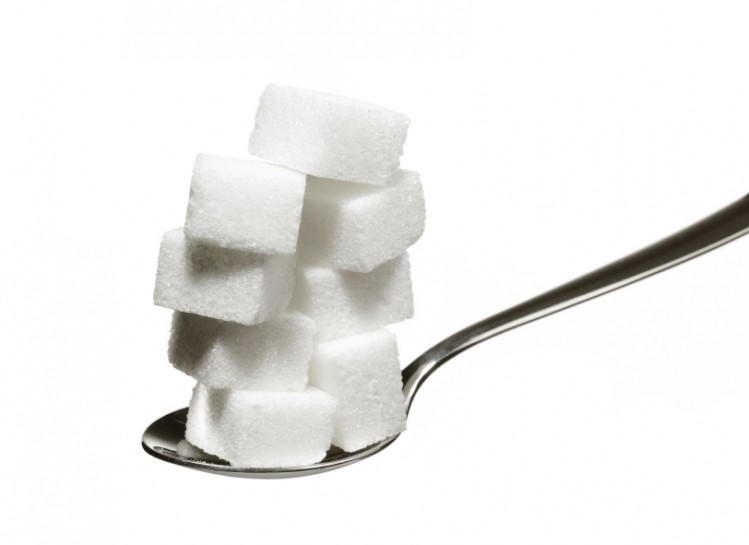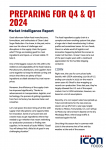Sugar addiction much harder to address than salt

Researchers at the US-based Monell Chemical Sense Centre, alongside experts from PepsiCo’s global R&D team, showed that people put on a low-sugar diet for three months found vanilla puddings sweeter at the end of the trial. That’s hardly surprising.
However, the team also discovered that the level of sweetness most of subjects preferred did not change. “[Our] second prediction, that there would be a parallel change in the sucrose concentration rated as most pleasant, was not supported by the data,” the authors wrote in a paper published in the American Journal of Clinical Nutrition.
What’s more, given free rein in the final month, those in the reduced-sugar group quickly increased their sugar intake to baseline levels and their judgments of sweet taste intensity reverted to pre-diet levels.
This means that the “factors that underlie liking for sugar and salt may differ", said the study’s co-author Gary Beauchamp, a behavioural biologist at Monell.
The findings could have serious implications for future policy interventions to reduce sugar intake.
What they found
Men and women aged 21 to 54 were split into two groups, matched for demographics, body mass index and uptake of simple sugars. Those in one group carried on as normal diet-wise, whilst the others were put on a low-sugar diet. All participants then rated the sweetness intensity and pleasantness of vanilla puddings and sweetened beverages at the end of each month.
By the third month, the low-sugar subjects rated both low and high concentrations in puddings around 40% sweeter than the control group did. A similar, but weaker, effect was seen for the drinks.
But despite the difference in sweetness ratings, three months of sugar restriction did not influence the amount of sucrose most preferred in the pudding, which averaged 32.4% for the reduced-sugar group and 31.2% for those who maintained their normal diet.
Similarly, the preferred level of added sucrose in the raspberry drink didn’t differ between the two groups, averaging 13.5% for the reduced-sugar group and 13.9% for the control group.
What’s more, there was a “rapid rebound” in month five when those on the low-sugar diet were allowed to choose their own foods again. “They quickly went back to their previous sugar levels when given a choice,” said Paul Wise, a sensory psychologist at Monell and lead author on the paper. “[This finding] suggests that people may resist changes in the sugar level of their diets.”
Policy implications
That the effect of dietary sugar intake on salty taste perception and preference isn’t the same as salt could have repercussions for future policy interventions. The fact that people go hunting for sugar when they’ve been restricted for a period of time also suggests the addiction might be harder to shift than it has been for salt.
Research published earlier this year in the Academy of Nutrition and Dietetics, showed that if people eat low-salt foods, they don’t try and compensate for it later in the day. Scientists at Monell have also previously discovered that both perception and pleasantness changed when the amount of salt consumed was lowered over several months.
In other words, people put on a low salt diet came to like lower levels of salt in their food. This has allowed manufacturers, via national regulations in Europe and the US, to cut salt from products with little or no public backlash. The issue of over consumption of salt is far from solved, but policymakers have been looking at whether similar interventions can work for sugar.
But this latest research suggests those looking to lift what’s worked for salt and replicate it for sugar could be bitterly disappointed.
"The salt findings formed part of the rationale for the [US] National Academy of Sciences' recommendation to decrease salt consumption by gradually lowering the amount of salt in prepared and restaurant foods,” Beauchamp explained.
“Modern diets contain a large proportion of calories as sugar, but this same tactic may not work as well to help reduce the amount of sugar that people consume."
The results are likely to be welcomed by the food and drink industry, which has been pushing for a soft touch approach to reduce sugar intake.
However, in the UK at least, support for harder interventions is snowballing. This week, an influential group of MPs joined doctors, campaigners and the government’s health advisors to call for a sugar tax. Further restrictions on marketing and price promotions are also necessary, said the UK’s Health Committee.
Source:
American Journal of Clinical Nutrition
“Low sugar diet makes foods taste sweeter but does not change preferred level of sweetness”
Authors: Paul M Wise, Laura Nattress, Linda J Flammer and Gary K Beauchamp















